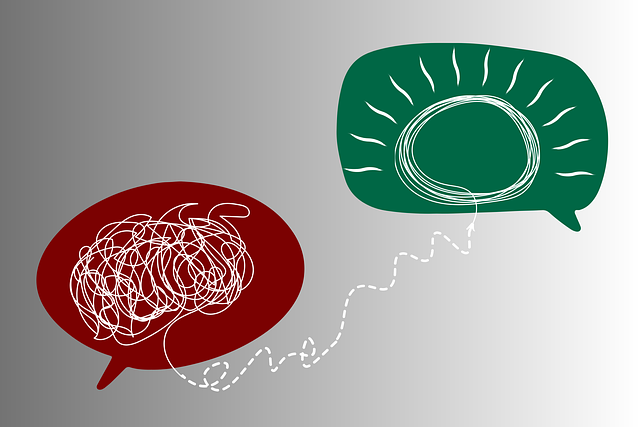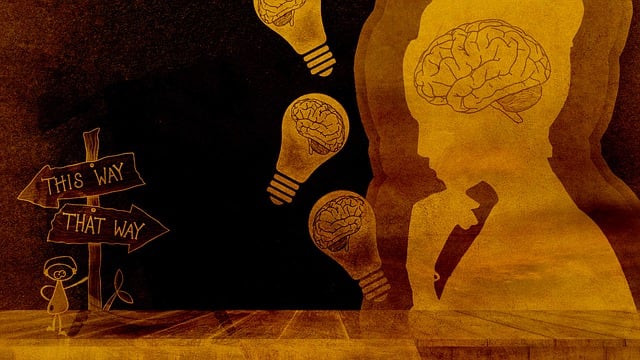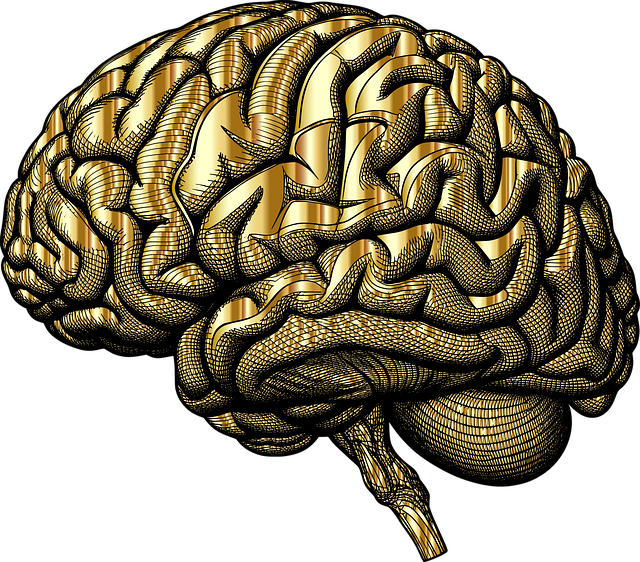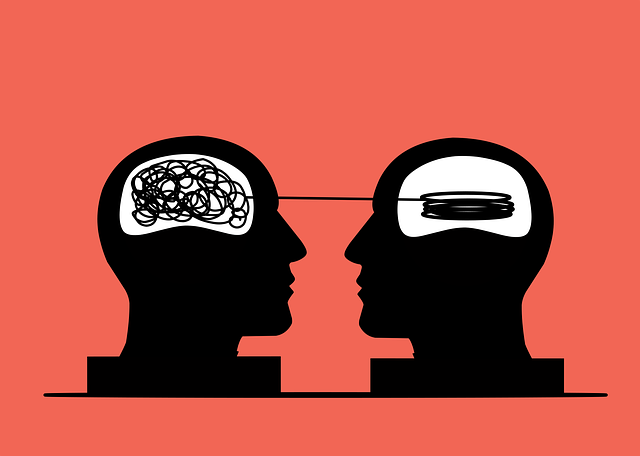Mental health advocacy plays a vital role in supporting seniors through major life transitions like retirement or loss, addressing unique challenges such as loneliness and cognitive changes. Key initiatives focus on improving mental health services, breaking stereotypes, encouraging early intervention (including tailored therapy), promoting awareness, cultural sensitivity, and effective practices like Social Skills Training and Emotional Regulation techniques. Integrated community resources, including Cognitive Behavioral Therapy (CBT), mindfulness exercises, and social engagement programs, strengthen support systems while reducing stigma. Journaling exercises complement therapeutic strategies, empowering elders to process experiences, build resilience, and enhance overall well-being during these transitions.
Mental health advocacy plays a pivotal role in ensuring well-being among elders, addressing their unique challenges and promoting resilience. This article explores critical initiatives aimed at supporting elderly individuals through major life transitions using therapy for elders as a cornerstone. We delve into the significance of understanding mental health advocacy, recognizing transitional phases, implementing effective strategies, and emphasizing therapy’s role in navigating these changes. By shedding light on these aspects, we contribute to fostering robust mental wellbeing in later years.
- Understanding Mental Health Advocacy: Why It Matters for Elders
- Recognizing Major Life Transitions and Their Impact on Elderly Mental Health
- Effective Strategies for Promoting Mental Wellbeing in Later Years
- The Role of Therapy in Supporting Elders Through Significant Changes
Understanding Mental Health Advocacy: Why It Matters for Elders

Mental health advocacy plays a pivotal role in ensuring that elders receive the support and care they deserve. Understanding advocacy means recognizing the power to speak up, challenge systems, and bring about positive change for mental health services accessible to seniors. This is particularly crucial given the unique challenges older adults face, such as loneliness, isolation, and cognitive changes, which can significantly impact their emotional well-being.
Advocacy initiatives focus on raising awareness about mental health issues in later life, breaking down stereotypes, and promoting early intervention. By emphasizing therapy for elders as a vital tool, these efforts aim to improve access to evidence-based practices tailored to their needs. Incorporating strategies like Social Skills Training and Emotional Regulation techniques can help enhance social connections and coping mechanisms. Moreover, training healthcare providers on cultural competency ensures that elders from diverse backgrounds receive respectful, culturally sensitive care.
Recognizing Major Life Transitions and Their Impact on Elderly Mental Health

Major life transitions can significantly impact the mental health of the elderly population. As individuals age, they often face a series of changes that can be both challenging and stressful. These may include retiring from work, moving to a new living arrangement, experiencing the loss of a spouse or close friends, or dealing with declining physical health. While these transitions can bring about feelings of loss, anxiety, and loneliness, they also present opportunities for growth and new beginnings. Recognizing these life events as potential triggers for mental health concerns is crucial, especially since the elderly might face additional barriers to seeking therapy for elders due to stigma or a lack of access to appropriate support services.
Effective mental health advocacy initiatives should focus on providing trauma support services tailored to address the unique needs of seniors during major life transitions. This can involve offering stress management techniques, promoting social connections, and encouraging activities that foster inner strength development. By implementing these strategies, communities can ensure that elderly individuals have the resources they need to navigate these changes with resilience, maintaining their overall well-being and quality of life.
Effective Strategies for Promoting Mental Wellbeing in Later Years

Promoting mental wellbeing among older adults requires a multifaceted approach, especially when considering the unique challenges that come with major life transitions such as retirement or the loss of a spouse. Effective strategies for enhancing their emotional well-being include integrating therapy for elders into community resources. Cognitive behavioural therapy (CBT), for instance, has proven beneficial in managing anxiety and depression prevalent during later years. This form of therapy equips seniors with coping skills development, enabling them to navigate life’s twists and turns more resiliently.
Additionally, risk management planning for mental health professionals plays a pivotal role in ensuring these strategies reach those who need them most. By fostering environments that encourage open conversations about mental health, professionals can demystify the topic, reduce stigma, and promote early intervention. Incorporating emotional well-being promotion techniques tailored to older adults’ needs, such as mindfulness exercises or social engagement programs, further strengthens community support systems. These initiatives collectively contribute to a more holistic approach to mental healthcare for seniors, enhancing their quality of life during this significant phase.
The Role of Therapy in Supporting Elders Through Significant Changes

As elders navigate significant life changes, such as retirement or the loss of a loved one, therapy plays a pivotal role in their mental health advocacy journey. This support system provides an opportunity for individuals to process and cope with these transitions, fostering resilience and enhancing overall well-being. Through therapeutic conversations, elders can explore and express emotions that may arise during major life shifts, ensuring they receive the necessary tools to adapt and thrive.
Effective therapy for elders incorporates tailored communication strategies, offering a safe space for them to share their experiences. Mental health awareness is paramount here, as therapists guide clients through emotional landscapes, encouraging self-reflection and providing valuable insights. Additionally, journaling exercises can be recommended as a complementary mental wellness practice, enabling elders to track their thoughts and feelings during this period of transition, thereby facilitating personal growth and understanding.
Mental health advocacy is an essential aspect of supporting elders, especially during major life transitions. By recognizing the impact these changes can have on their mental wellbeing, we can implement effective strategies such as providing accessible therapy for elders to navigate through significant shifts. Understanding and addressing mental health concerns in later years is crucial, enabling elders to live fulfilling lives with enhanced resilience and support systems in place.











